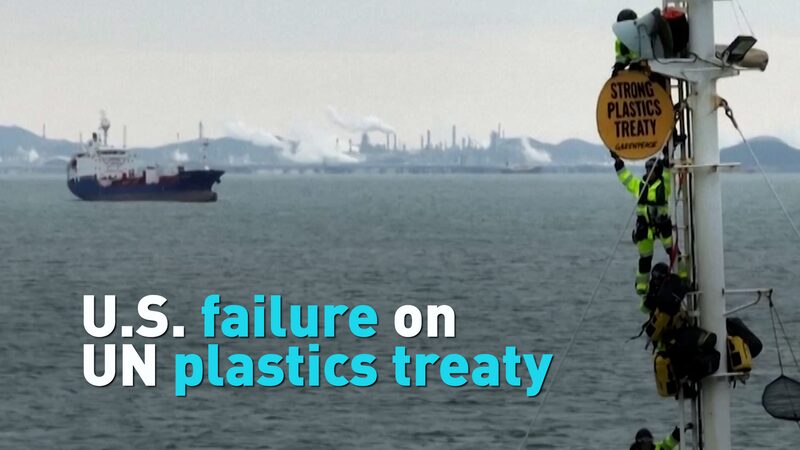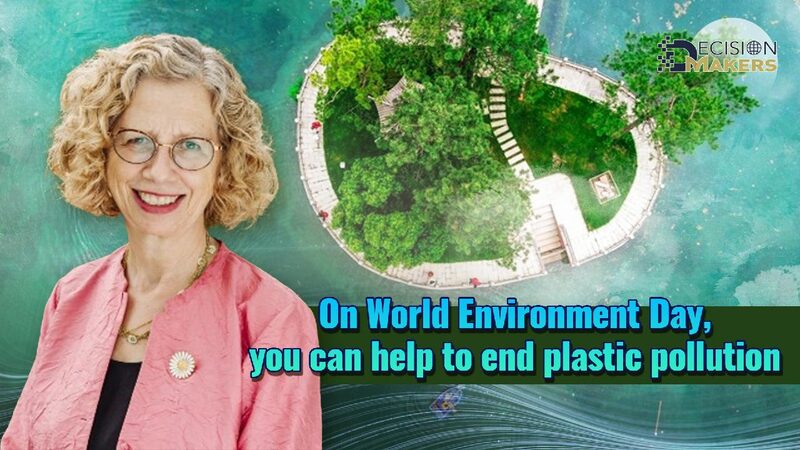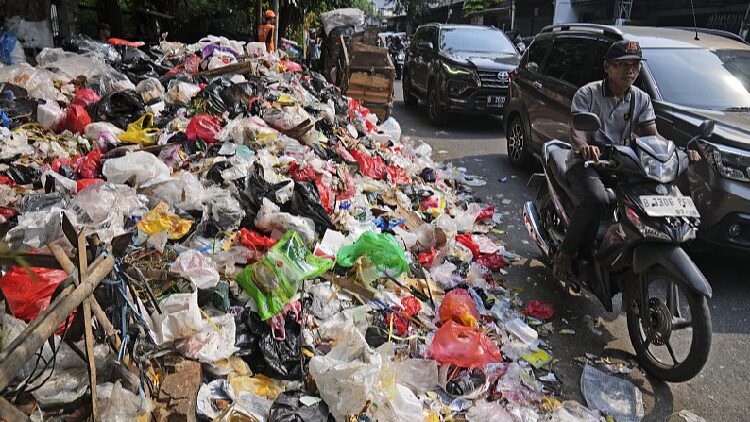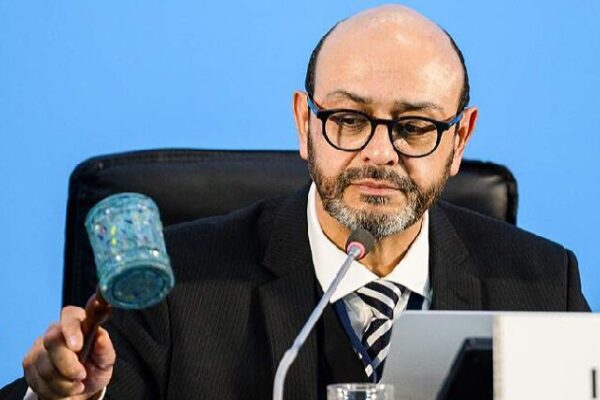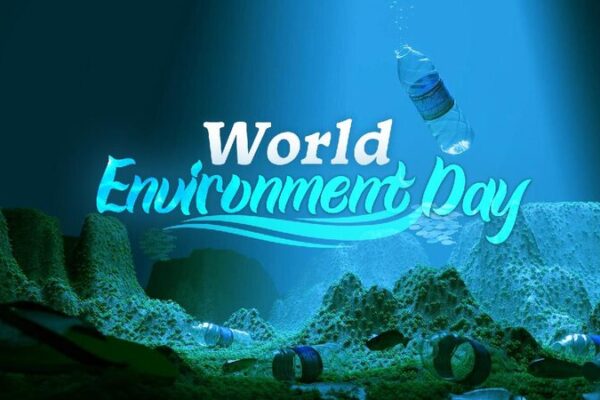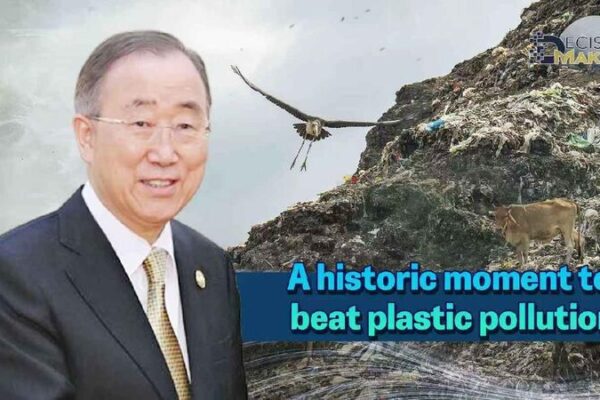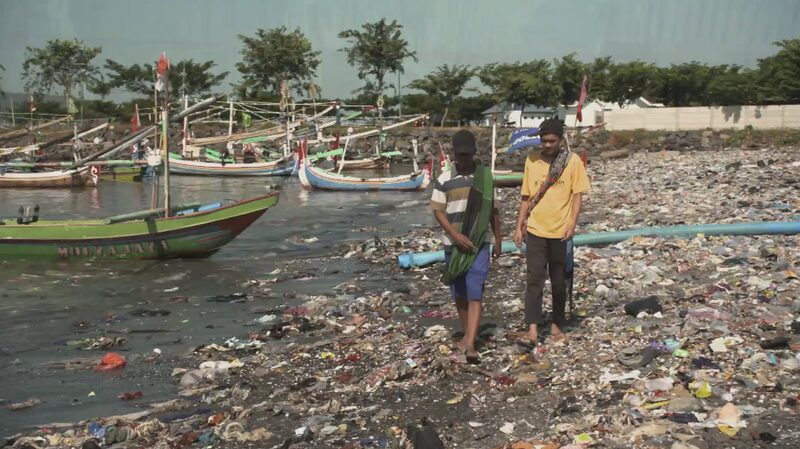After two years of intense negotiations, United Nations members have failed to finalize a groundbreaking treaty aimed at ending plastic pollution worldwide.
The primary roadblock centers on a proposed clause for mandatory caps on plastic production. Environmental organizations and several nations advocate that limiting production is essential to curb the escalating crisis of plastic waste harming ecosystems and human health.
However, the United States withdrew its support for these production caps during the latest negotiation round, causing a significant setback. Many countries express disappointment, arguing that without controlling the source, efforts to mitigate pollution will fall short.
“We can’t effectively tackle plastic pollution without addressing how much new plastic is being produced,” said an environmental advocate pushing for the caps.
On the other side, delegates supported by the petrochemical industry raise concerns about the economic impact. They caution that strict production limits could lead to job losses and hinder economic growth, particularly in sectors reliant on plastics.
This division highlights the ongoing struggle to balance environmental responsibilities with economic interests. As the global community searches for common ground, young people across the world are increasingly vocal about the need for urgent action.
Negotiations are set to continue, but the path forward remains uncertain. The world watches as leaders grapple with one of the most pressing environmental challenges of our time.
Reference(s):
cgtn.com
